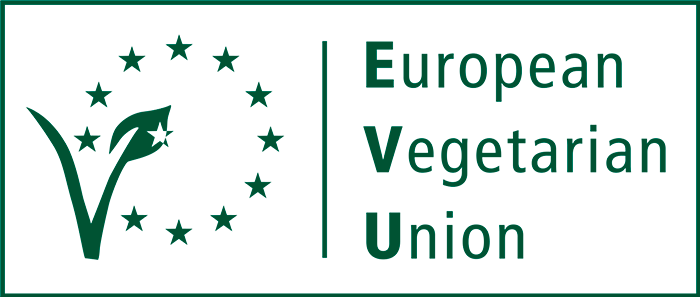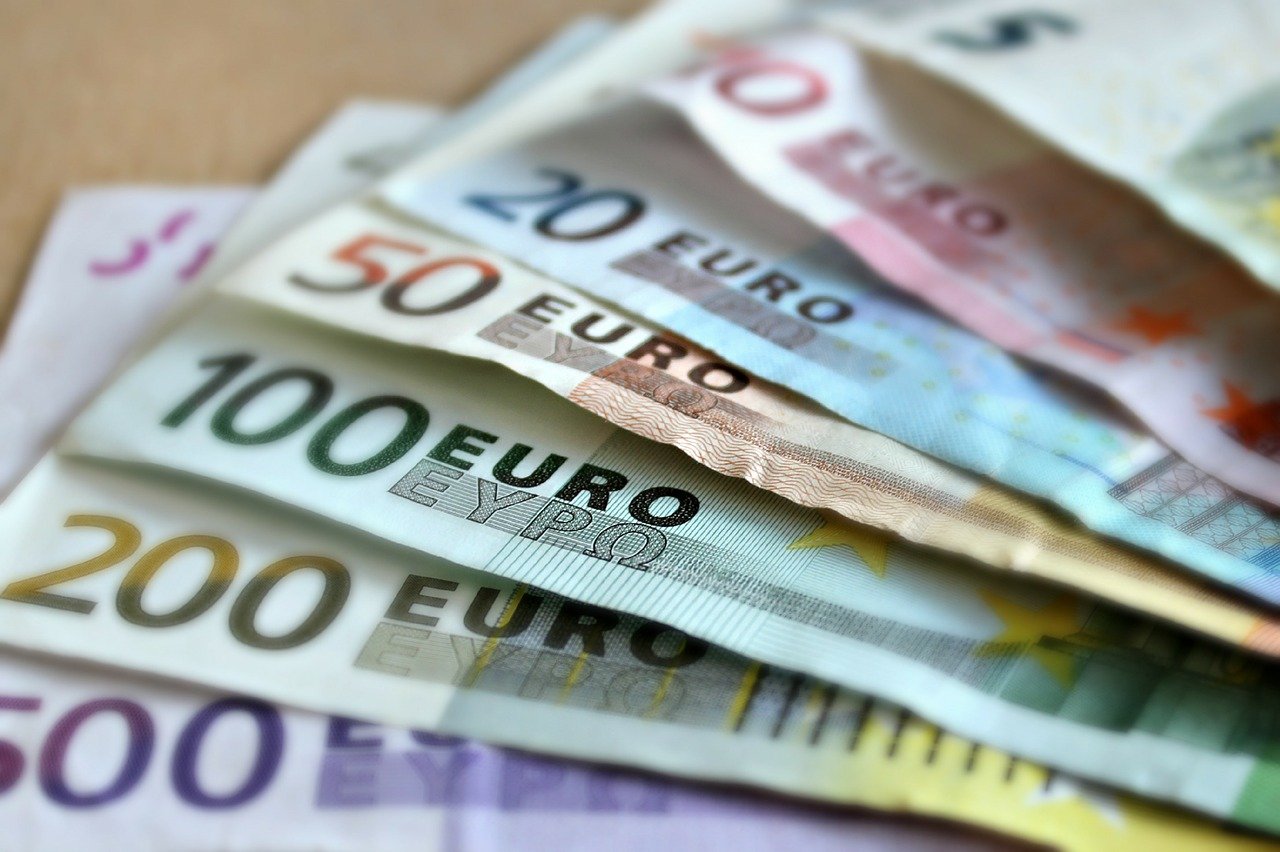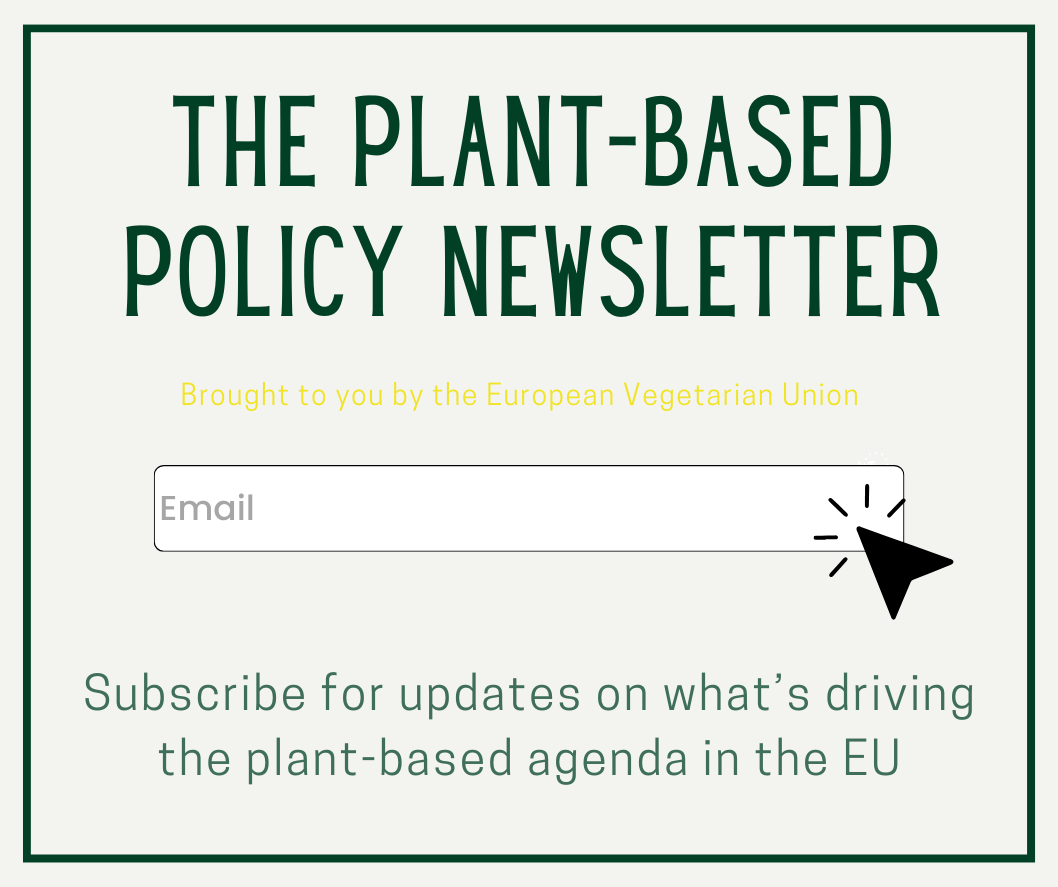The news outlet depicts research from the animal welfare organisation Wakker Dier from the Netherlands, saying that “€60m has been spent in the last three years on 21 meat marketing campaigns”. The money is apparently spent in light of a decrease in meat consumption in Europe.
Looking at the official European Commission website for one of the campaigns being subsidised – “Pork lovers Europe” – this kind of reasoning seems outrageous. The campaign, receiving roughly 1.4 million Euros of public money, states that “The consumption of pork meat in Europe has decreased in recent years. In the EU-27 in 2008, we had consumption per capita of 41.7kg. In 2015, this number fell to 40.9kg. Therefore, it is very important to promote pork meat to restore the confidence of the consumer […]” Given that this reduced consumption level is still above what is being recommended by nutritional agencies as a maximum meat intake from a health perspective and these are the numbers for only one type of meat at the same time, this trend is nowhere near what it should look like. Public money being spent to counter these small and slow steps in the right direction sends a problematic message. Other campaigns, such as the promotion of Dutch veal, received as many as 6 million Euros, according to the Guardian.
As the EU Commission is working on its “Green Deal”, these kinds of subsidies need to be re-evaluated not just from a health-, but also from an environmental perspective. Subsidising advertisements for an industry that is massively contributing to global warming and that is already receiving public money from the Common Agriculture Policy, is not in line with the Commission’s ambitions for a more sustainable Europe.
As the meat industry is mobilising with advertisements and other campaigns such as the “Meat the facts” initiative to react to growing consumer awareness and changing dietary patterns, plant-based producers start raising their voices: The Dutch “Vegetarian Butcher” recently started an initiative applying for meat subsidies to get a share of this public money for their meat alternatives.


